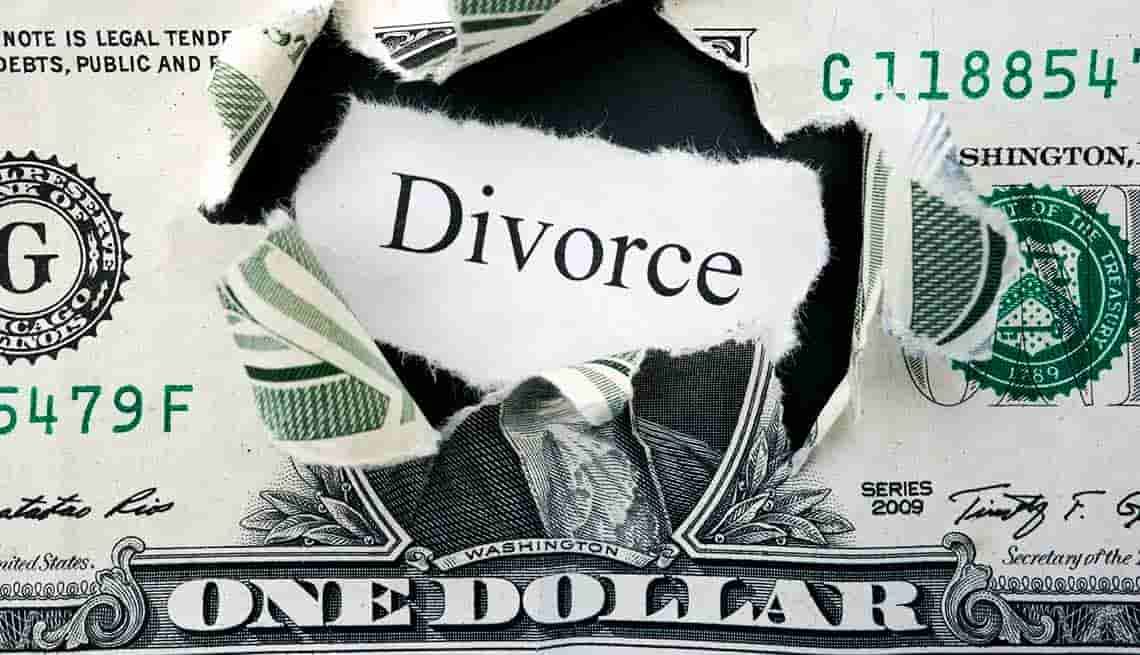Your financial circumstances or other factors in your life could change after you apply or become eligible for increased Social Security benefits. In case you, or a family member, get Social Security or Supplemental Security Income (SSI), here are some life changes that could give you an increase in your benefit amount.
The first scenario is if your spouse or former spouse dies. If this happens, you may be eligible for a higher survivor benefit based on their earnings record. The death of an ex-spouse may make you eligible for a higher survivor benefit even if you are already receiving a survivor benefit based on the death of another spouse.
If you have been divorced, and you are 60 years old or older, 50 to 59 if you are disabled, you can get the benefits of your dead ex-spouse if the marriage lasted at least ten years. However, if you are taking care of your child younger than age 16 or disabled from your former marriage, natural or legally adopted, the age and length of marriage requirement may not be strictly adhered to.

The next scenario is receiving Social Security benefits based on your spouse’s work, and you also worked. Here, you may be eligible for a higher retirement benefit. The basis will be your work. If you also choose to keep working beyond your full retirement age, you will increase your future Social Security benefits. Each extra year that you work adds another year of earnings to your Social Security record. So, the higher lifetime earnings you have, the higher benefits you can get once you decide to receive your benefits.
Lastly, if your deceased adult child provided at least half of your support, you can be eligible for a higher parent’s benefit based on your child’s work history. To get this benefit, you must be at least 62 years old, you provided timely documents that prove the deceased worker was providing at least one-half of their support to you, you are natural parents of the deceased worker, or the stepparent, or adoptive parent before the deceased worker reached the age of 16, you did not marry after the worker’s death, and the deceased worker had enough work credits.
Eligible parents may receive 82.5 percent of the deceased worker’s full retirement or disability benefit. If two parents survived the deceased worker, each may receive 75 percent. You have to know that this benefit will stop if you become entitled to a retirement benefit amount that is higher than the parent’s benefit amount.


